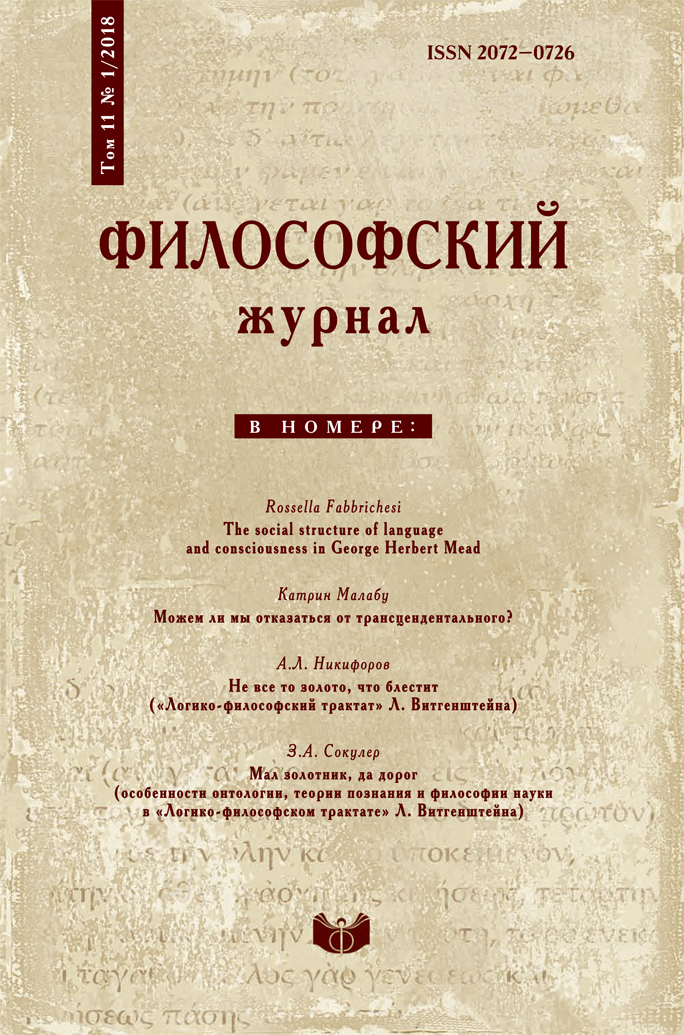Qiyās as a formal proof: the way the fuqahā’ argued. Part II
DOI:
https://doi.org/10.21146/2072-0726-2018-11-1-5-27Keywords:
collective cognitive unconscious, qiyās, ‘uṣūl al-fiqh, constituting reason, constituted reasonAbstract
This Part II completes the exposition of the basic notions and theses developed in the ‘uṣūl al-fiqh (roots of jurisprudence) science, started in Part I of the present article, and elaborates the hypothesis stating different epistemic bases for the Greek qiyāssyllogysm and the Islamic qiyās-comeasuring. The author demonstrates that al-Jabiri does follow André Lalande in discerning between the ‘constituting’ (mukawwin) and the ‘constituted’ (mukawwan) reason, but this theory cannot account for the diversity of the second type, as long as the uniformity of the first type is accepted, as it is usually done. To explain this, one has to admit the diversity of the ‘constituting’ (mukawwin) reason as well. The ‘constituting’ reason is more accurately explained as the collective cognitive unconscious (CCU). Further on, two variations of the CCU are examined, that is, the CCU as the intuition of spatial juxtaposiotioning, and the CCU as the intuition of flux, laying foundation, respectively, for the substance-based and the process-based logic. Alternative formalizations of the Islamic qiyās-comeasuring in the perspective of either substance-based or process-based logic are then exposed. The author argues that any attempt at formalizing the Islamic qiyās-comeasuring on the basis of substance-based logic results in an analogical proposition, while formalizing it on the basis of processbased logic results in a strict demonstration with an undoubted conclusion.






